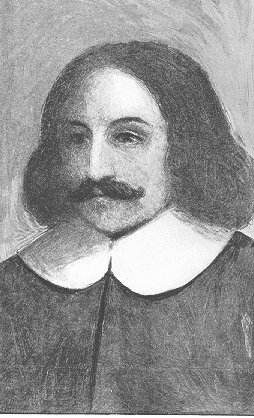Bradford: Merrymount; Massachusetts, 1626
"worse practices"
This is a stub, an entry with no, little or incomplete data. If this entry is Open users are encouraged to add to it, or to leave comments in its Discuss section. If this entry is Protected, users are encouraged to use its Discuss section to suggest new data, sources, citations, or edits.
About 1626, according to William Bradford, Thomas Morton and the other male settlers at Merrymount (now Quincy), in the Massachusetts Colony, were guilty of "great licentiousness." The men's consorting with Indian women is mentioned, along with "worse practices" associated with ancient Roman feasts.
Bradford said that Morton and his men "set up a maypole,drinking and dancing about it many days together, inviting the Indian women for their consorts, dancing and frisking together like so many fairies, or furies, rather; and worse practices. As if they had anew revived and celebrated the feasts of the Roman goddess Flora, or the beastly practices of the mad Bacchanalians."[1]
It would be interesting to know just what "feasts of the Roman goddess Flora" and "beastly practices of the mad Bacchanalians" Bradford had in mind. With what ancient Roman sources would he have been familiar? [2]
Return to Age of Sodomitical Sin index • Go to next article
References
